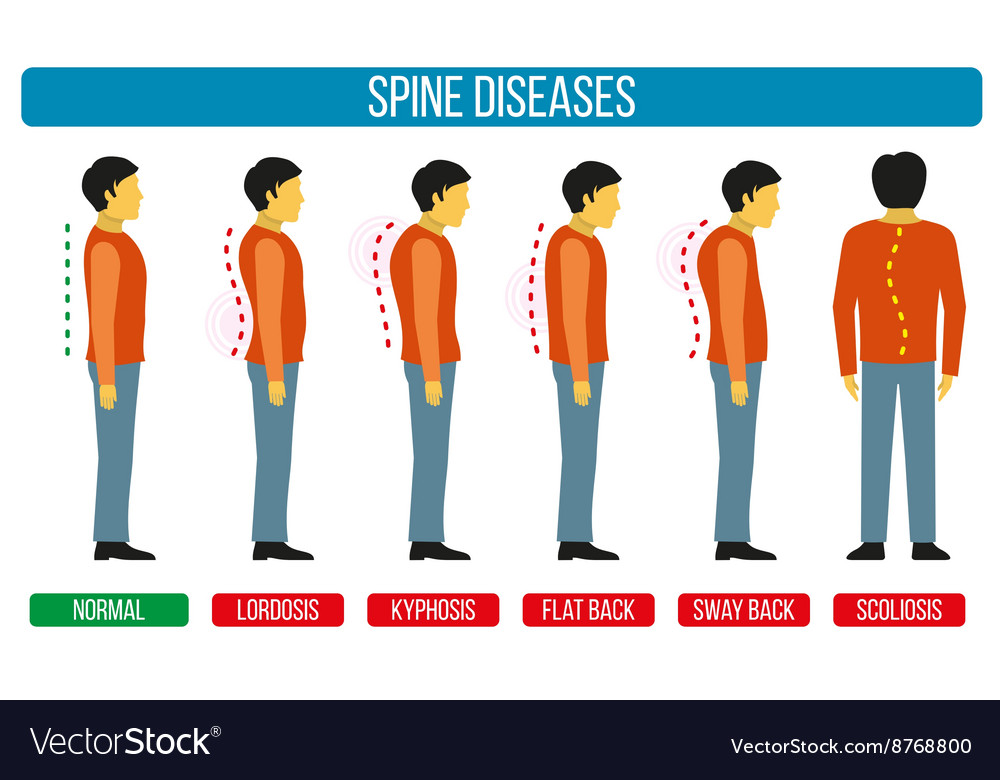Understanding Nourishment'S Duty In Neck And Back Pain Management: Beneficial Foods And Foods To Prevent
Understanding Nourishment'S Duty In Neck And Back Pain Management: Beneficial Foods And Foods To Prevent
Blog Article
Content Composed By-Russo Wiese
When it comes to managing your neck and back pain, the food choices you make can significantly influence how you feel every day. Picture having the ability to reduce your pain merely by adjusting what you consume. By comprehending the role of nourishment in neck and back pain management and recognizing which foods to include or stay away from, you can take proactive steps in the direction of a healthier and much more comfy way of living. The connection between nourishment and back health is more profound than you might realize-- let's check out exactly how specific foods can either relieve or worsen your neck and back pain.
Importance of Nutrition in Pain In The Back
Nourishment plays an important duty in handling pain in the back. Your diet can dramatically impact inflammation degrees and total discomfort levels in your back. Consuming a well balanced diet regimen abundant in nutrients like vitamins D and K, calcium, magnesium, and omega-3 fatty acids can help in reducing swelling and reinforce bones, which are crucial for back health and wellness.
Furthermore, maintaining helpful resources via correct nourishment can alleviate anxiety on your spinal column, minimizing the danger of back pain.
In addition, specific nutrients like anti-oxidants found in fruits and vegetables can help fight oxidative tension and promote healing in the body, including the back muscular tissues and spinal column.
On the other hand, eating too much amounts of processed foods, sugary beverages, and unhealthy fats can add to swelling and weight gain, exacerbating neck and back pain.
Foods to Eat for Back Wellness
To support a healthy and balanced back, including nutrient-rich foods into your daily meals is crucial. Consisting of foods high in anti-oxidants like berries, spinach, and kale can help in reducing inflammation in your back, relieving pain and pain. Omega-3 fatty acids found in fatty fish such as salmon and mackerel have anti-inflammatory residential properties that can benefit your back health.
Additionally, taking in nuts and seeds like almonds, walnuts, and chia seeds supplies vital nutrients like magnesium and vitamin E, which support muscle mass function and lower oxidative stress. Including lean proteins such as chicken, turkey, and tofu can aid in muscle repair service and maintenance, advertising a strong back.
Do not fail to remember to consist of milk or strengthened plant-based choices for calcium to support bone wellness. Finally, hydrate with a lot of water to keep your back discs moisturized and functioning efficiently. By including these nutrient-dense foods in your diet, you can nurture your back and support general back health.
Foods to Avoid for Back Pain
Go with preventing processed foods high in sugarcoated and trans fats when seeking relief from pain in the back. These types of foods can contribute to swelling in the body, which might worsen neck and back pain. Say no to sweet snacks like candy, pastries, and sweet drinks, along with junk food things like burgers, french fries, and fried chicken that are frequently packed with trans fats.
In addition, steer clear of foods including high levels of polished carbohydrates, such as white bread, pasta, and pastries, as they can increase blood glucose degrees and potentially worsen inflammation in the body.
It's additionally important to restrict your consumption of foods high in saturated fats, like red meat and full-fat milk products, as they can add to inflammation. Refined foods like delicatessens meats, chips, and packaged snacks are commonly high in saturated fats and need to be eaten in moderation.
Conclusion
In conclusion, paying attention to your diet regimen and making clever food choices can have a considerable effect on handling pain in the back. By incorporating nutrient-rich foods like berries, fatty fish, nuts, and lean healthy proteins, and avoiding processed and sweet items, you can help reduce inflammation and support overall back health. Keep in mind, what you eat plays a critical function in exactly how you feel, so ensure to prioritize your nourishment for a healthier back.
